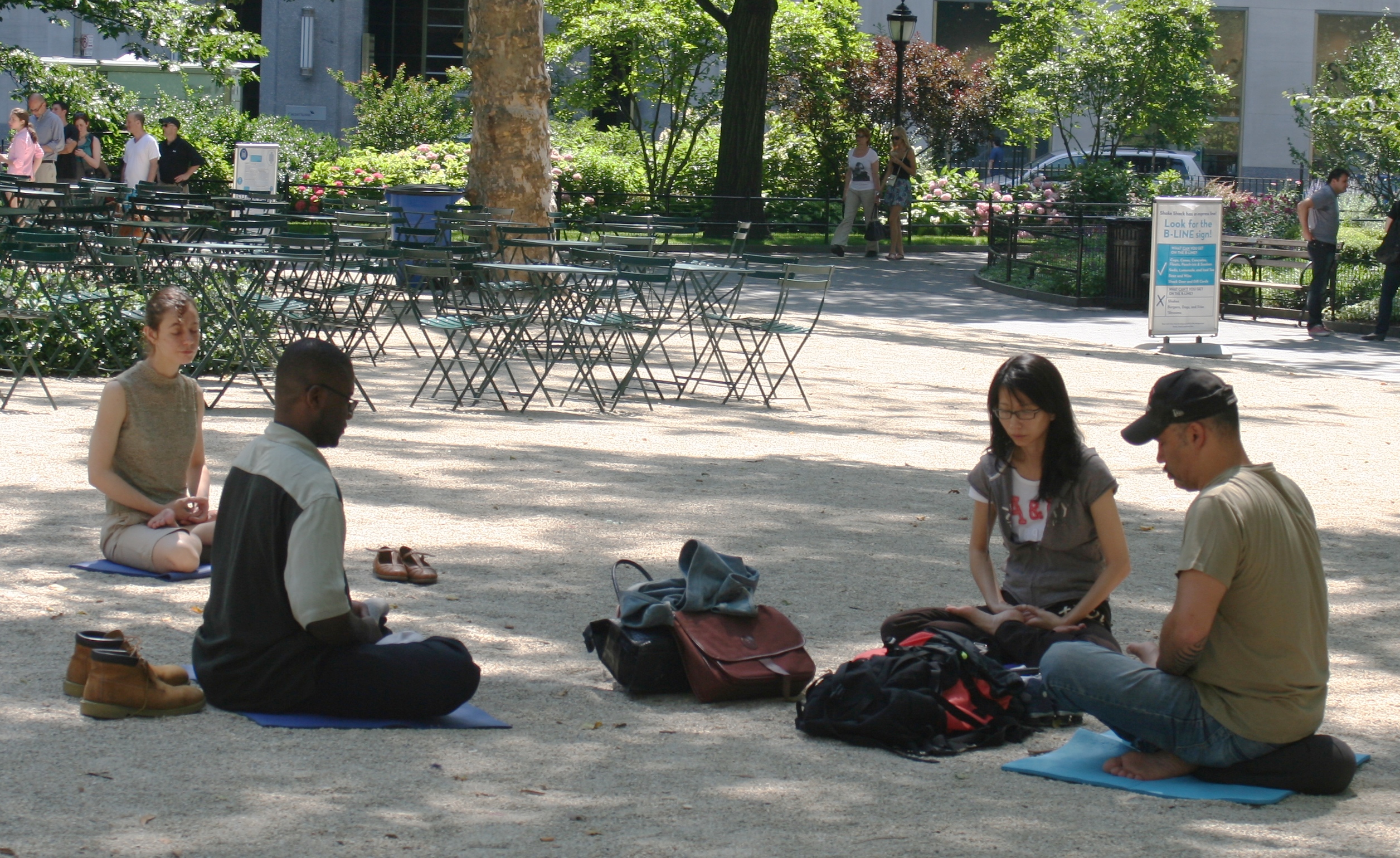This a blog for Global News Media (JOUR 312i) which will focus on the media of the Republic of China, informally known as Taiwan. In this introductory post, I will give a brief overview of the Republic's modern history, political background, and a general summary of various media within the country.
 |
The Taipei Skyline with the Taipei 101 in the center,
the tallest building in the world from 2004-2010. |
After their defeat in the Chinese Civil War, the Kuomintang (Chinese Nationalists) fled to Taiwan, where they set up a provisional government with the ultimate goal of retaking the mainland. After tensions with native Taiwanese, who had fought for the Japanese during the Second World War, the KMT declared a martial law which would last for four decades under the single party, authoritarian regime. During this period the media was heavily censored, and materials considered pro-Communist or pro-Taiwanese were banned, and their authors jailed. Beginning in the late 1980s, gradual liberalization came and eventually Taiwan became one of the freest and least restrictive democratic nations in East Asia, as well as one of its economic powerhouses.
Politics in Taiwan do not follow a traditional left-right spectrum, but are divided by stance on their policy on China. There are two major political coalitions in Taiwan, made up of smaller, like-minded parties. The Pan Blue coalition, made up of KMT supporters favor eventual reunification with the mainland, while the Pan Green coalition, lead by the Democratic Progressive Party (DPP) is made up of mostly native Taiwanese who favor a sovereign "Republic of Taiwan" completely separate from the mainland. Social and economic issues are considered secondary and views that could be considered liberal or conservative are spread across both coalitions.
 |
Logo of the China Times,
a moderate-Blue newspaper |
It is important to get a background of the political situation in Taiwan due to its dominance in Taiwanese media. Almost all of its hundreds of newspapers have some kind of political slant, ranging from the ultra-Blue United Daily News, to the ultra-Green Liberty Times. For this blog, I will try to keep up with the three largest newspapers, the United Daily News, the China Times, and the Liberty Times, each representing a different position in the political spectrum.
Television in Taiwan has a wide array of programming and is broadcast simultaneously in digital and analogue. The government plans to make the full switch to digital by 2013. Taiwan has one of the highest percentage of cable subscribers in the world, roughly 85%, due to its cheap cost. Programming ranges from sports, news, variety, documentary, movies, and foreign channels. Recently, channels aimed at minorities like the Hakka and Taiwanese aboriginals have also launched. The government hopes to introduce HD channels in the near future.
Taiwan is one of the most wired places in the world, with 13.8 million internet users in a country of 22.9 million. 21.6% of the population subscribe to broadband or some sort of high speed internet.
 |
| Logo of the Democratic Progressive Party |
In 2010, Taiwan ranked 48th on the Press Freedom Index, a ranking comparable with other countries like France, South Korea, and Italy. Since the democratic reforms in the late 1980s, censorship now applies mostly to libel and slander, with cross-strait relations and national security issues being covertly and overtly censored as well. Ironically, it was the DPP controlled government that was mired in censorship controversy in the late 2000s. Many broadcast networks were refused license renewals by the Green controlled government in 2006. The official reason given was that their channels were not up to standards, but it is interesting to note that almost all of the stations refused licenses were pro-unification in one way or another. Likewise, the pro-mainland Hong Kong network Phoenix was refused landing rights in Taiwan, and mainland Communist publications like Xinhua and the People's Daily were banned. These policies were reversed in 2008 when the KMT was voted back into power.











